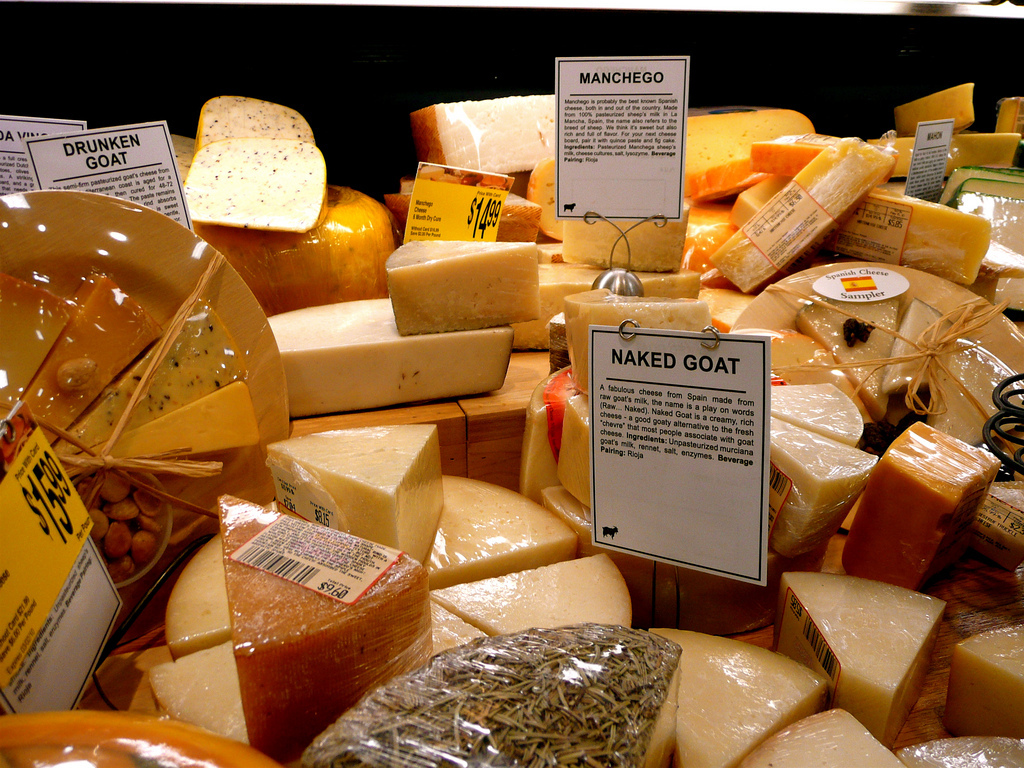Today In Professional Envy: Cheese Scientists
Cheese, glorious cheese. Where would we be without you? No sandwich would be complete, many a pizza would suffer and countless stomachs would be bereft. But in order to fully appreciate our access to such a divine food, we must also give props to a profession of great importance, and the subject of great envy: cheese scientist.
Yes, dear reader, there is such a thing as a cheese scientist, which won’t surprise anyone who has a basic understanding of how cheese is made, but is still a fun job to think about.
Wired.com has a great report on the life of microbiologists working in the cheese field, the scientists who manipulate microbes like yeast, mold and bacteria, along with the lactic acid and rennet used in the cheesemaking process, in order to come up with all the many variations out there.
Though there are cheese scientists at work at universities and colleges, some companies go so far as to employ in-house microbiologists, who sometimes even resort to tactics like DNA sequencing to control the flavor.
Microbes break down the proteins and fats in milk to create different flavors of cheese, depending on which microbes are used. Stinky cheeses can get their smell from mold that breaks milk proteins down into sulfur compounds that are tiny enough to float through the air to your nose, for example.
And to make the white rind of a camembert, cheesemakers spray mold onto the curds to break the cheese down from the outside.
One cheese scientist/microbiologist from Tufts University works with cheesemakers to tweak their products’ microbes in order to come up with the tastiest cheese possible. A cheese company he’s worked with in the past has more than 190 different microbes in its milk before pasteurization, he says.
“For some cheeses, you can have a whole bouquet of flavors from over a hundred different compounds,” he tells Wired.com. “All the chemical components in the milk are essentially being restructured and reorganized in different formations that look, taste, and smell different.”
The bottom line? Cheese is delicious, and impossible without science. Good work, cheese scientists. We salute you.
For more on the science of cheese, make sure to check out Wired.com.
Want more consumer news? Visit our parent organization, Consumer Reports, for the latest on scams, recalls, and other consumer issues.


